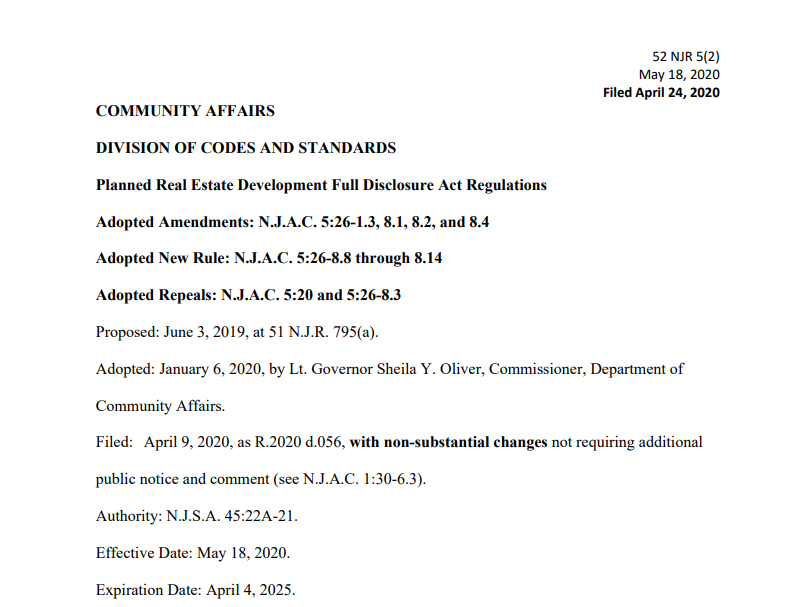
The Standards Of The Business Judgement Rule
Board members have a fiduciary duty to the association/corporation and arguably directly to the individual members. Fulfillment of this duty requires that the board members exercise utmost good faith.
In ordinary corporate matters, the ‘business judgment rule’ is the standard by which board action is evaluated. The business judgment rule generally provides that, so long as the board members fulfill their duties of ‘care’ and ‘loyalty’ the board’s decisions will not be second-guessed by a court.
The duty of ‘care’ obligates the board to make their decisions only after ‘due diligence’ – after the board members have become reasonably informed about the issue at hand. The board members may rely on experts such as engineers, architects, lawyers, accountants, contractors, etc. in fulfilling their duty of care. The duty of ‘loyalty’ obligates the board to make their decisions for the benefit of the association/corporation rather than for their own benefit. In the ordinary corporation, once the duties of care and loyalty are fulfilled, the board’s decisions, good or bad, will not be disturbed by the courts.
In associations, condominiums and co-ops however courts frequently graft a ‘reasonableness’ test on to the business judgment rule review. Although often denying it, courts do in fact second guess association, condominium and co-op boards. Courts ask themselves: ‘Assuming that the duties of care and loyalty were met, was the decision reasonable’
In your example, assuming a certain membership vote was required but was not obtained (which is likely since the board will not disclose the alleged vote results); the board is not fulfilling its fiduciary duty. It is not acting in good faith. It is not fulfilling its duty of care as it is not complying with the governing documents and is not fulfilling its duty of loyalty as it is pursuing its own agenda in spite of the governing documents’ membership vote requirement.
Be aware that, when considering the improvement you described, a super-majority membership vote is typically required rather than just a simple majority. Regardless, the options are limited. Typically one or more members will sue to enjoin the board from further action. Court’s will issue such an injunction if the members can show that the members will be irreparably harmed in the absence of the injunction, the legal basis for the members’ claims is generally settled, the members are likely to ultimately succeed on the merits and the hardship that the members will suffer, if the project is allowed to go forward, will be greater that the hardship suffered by the board/association/corporation if the project is temporarily stopped. Another, or possibly concurrent, option is the membership undertaking a board member removal vote. Although the membership typically has the power to remove and replace the board members, this option is usually too cumbersome and time consuming to be used effectively in immediately stopping improper board action.
In addition to the injunction, the membership should also make the board members aware that, in knowingly proceeding without the required membership vote, the board members may be exposing themselves to personal liability. This liability may not be covered by the Association’s insurance policy and the board members’ actions may take them outside of any exculpation provision in the governing documents. Essentially, in not complying with the governing documents, the board members are generating unnecessary legal fees and risking having to pay their own defense cost and liability award if the membership proves damages.





